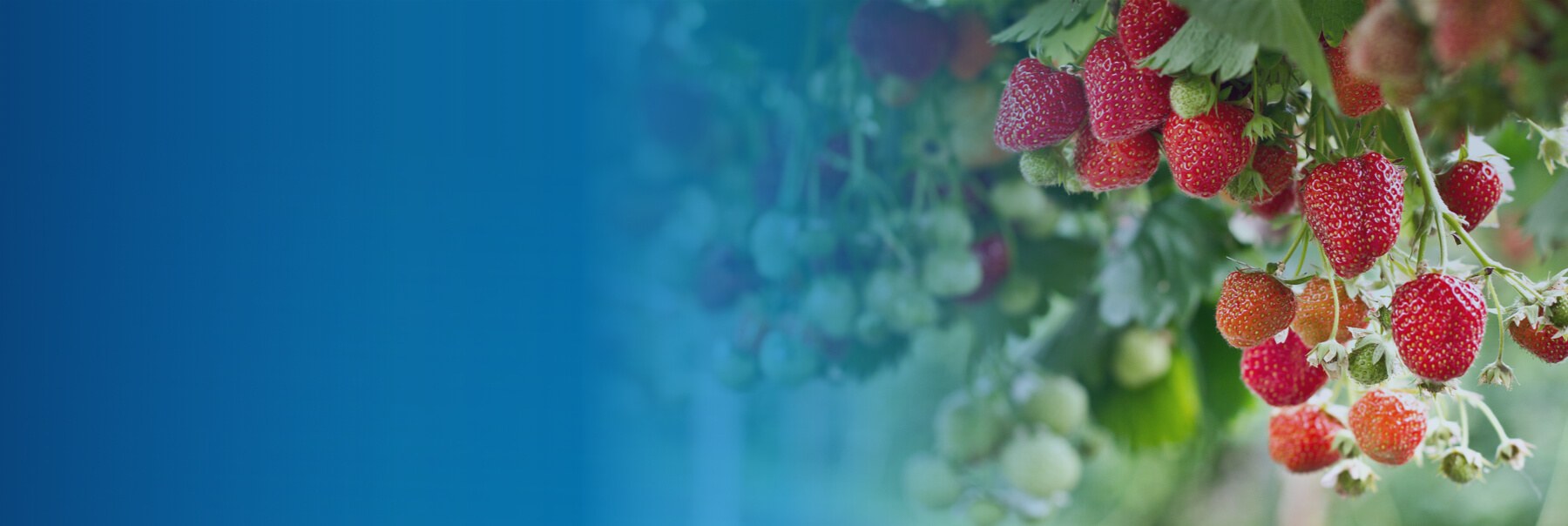Entering into litigation can be a scary prospect, whether it is because the outcome of the case is...
Ruth Hoban is Head of Sustainability at New England Seafood International (NESI). NESI is the UK’s leading supplier of premium wild and farmed seafood in the UK market. NESI’s product range consists of species that are sold under many major supermarkets’ own labels, as well as their own seafood brands. They also supply products to well-known food service brands in both the UK and Europe. NESI’s core business purpose is ‘to enhance lives through fish’ so that all those, from the fishers and farmers to their employees, the communities in which they operate, and the consumers that they serve, benefit from NESI’s business activities.Ruth has worked with NESI since 2016 within the procurement, purchasing and Corporate Social Responsibility (CSR) teams, and she is currently responsible for the development and implementation of NESI’s responsible sourcing strategy across their wild and farmed fish supply base.
One business success
- As one of the largest seafood processors in the UK, New England Seafood International (NESI) plays an integral role in supplying the UK with chilled seafood. From continuing to combat the challenges caused by the COVID-19 pandemic, to advancing seafood sustainability, NESI is proud to supply UK retailers with responsibly sourced, quality seafood. For me, a great success for the business has been its ability to tackle the challenges that came with COVID-19 whilst continuing to drive and support improvements across the supply chain; from seafood sustainability certification success to developing and processing new and innovative products to meet the sharp increase in demands, to launching a new seafood brand, to confirming plans to expand our existing facilities and production in Grimsby. Some great successes within a challenging two years.
Two challenges for the sector
- Plant-based innovation is a huge growth area for the food industry today and maintaining seafood’s position as a responsible protein choice remains a challenge. The seafood industry is leading the way in providing options and choices for sustainable protein and is often differentiating as the most sustainable product in the marketplace. A focus moving forwards is on innovation adoption throughout the industry to differentiate seafood as the most sustainable product in the protein market.
- Continuing to grow the seafood sector as well as keeping fish in consumers’ baskets is a challenge across the industry. The impacts of inflation and the increased costs of living continue to be an issue for the seafood category in the UK. Availability of raw materials continues to be a challenge as global supply chains recover from COVID-19. We continue to find ways to find affordable options for shoppers and to ensure seafood remains the sustainable protein choice.
Three forecasts for the sector
- We know that customers are increasingly interested in where their seafood comes from and as a responsible industry, we aim to tell them about the sea to plate journey. Digital traceability is a way that we can do this. Seafood supply chains are often long and complex and understanding and having full visibility of points in the supply chain can help provide assurance and reduce risk of illegal, unregulated, and unreported seafood entering the supply chain. Initiatives such as Global Dialogue on Seafood Traceability (GDST) encourage interoperability whereby technology platforms speak the same global language to collect key data points to track the sea to plate journey.
- Climate change is quickly racing to the top of the global agenda. The impacts of climate change and the actions of the whole seafood industry to reduce these impacts are already a focus, and this focus is likely to strengthen. The good news is that seafood already has a lower carbon footprint than many other sources of protein. This makes it a climate-smart food which can help meet the needs of a growing world population. However, all parts of the seafood industry, from catching to processing, will need to make further changes to adapt to and mitigate the impacts of climate change.
- The demand for seafood will require us to take a broad approach to seafood sourcing and species. This presents many exciting opportunities for new species, processing systems, and production methods. With an increasingly limited supply of sustainable wild fisheries in our oceans, the shortfall in seafood supply has been met by the aquaculture industry over the past decade. Aquaculture has been around for thousands of years, but its expansion in the past 30 years has been huge. It’s the fastest growing sector in food, averaging around 6% growth a year, and it now accounts for 50% of the seafood we eat. This growth is expected to increase as we look to farmed fish to help meet protein demands.
July 2022
